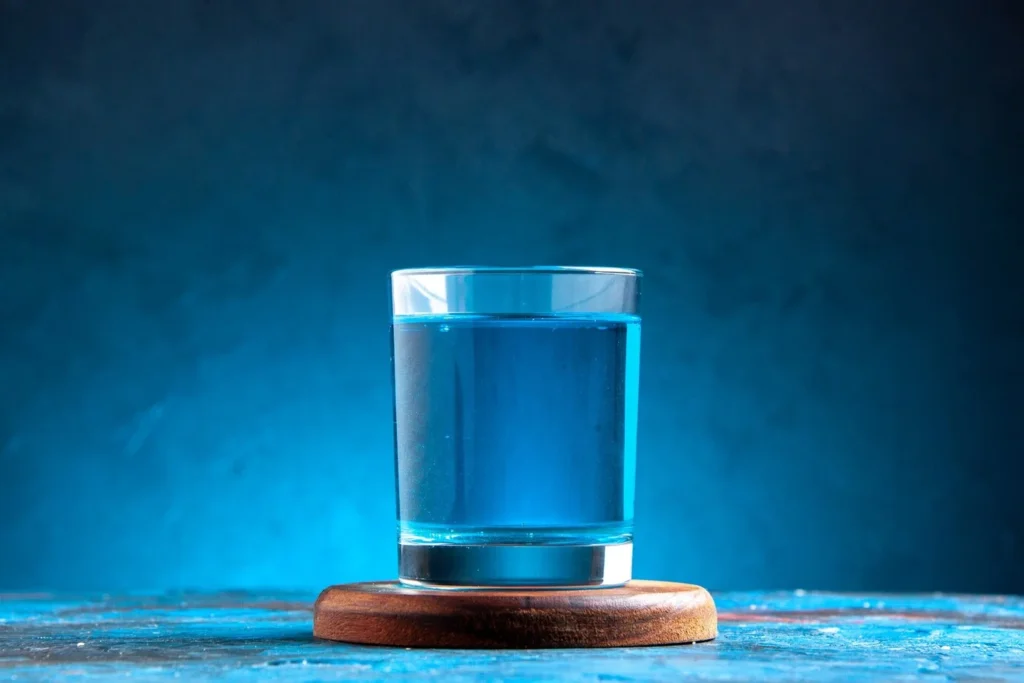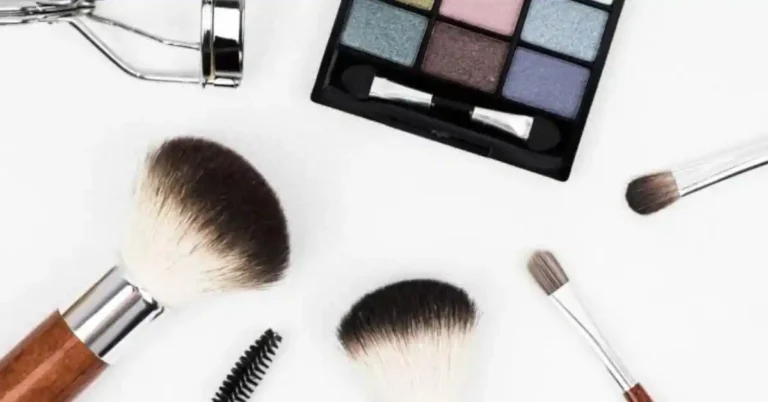what happen to your body when you drink plenty of water
In the pursuit of wellness, there’s one simple elixir often overlooked: water. While it’s common knowledge that staying hydrated is vital for overall health, the profound impacts of ample water intake on our bodies extend far beyond simple hydration. From boosting metabolism to enhancing cognitive function, here’s a closer look at what happens to your body when you drink plenty of water.
Optimal Cellular Function: When you drink plenty of water, your cells receive the hydration they need to function at their best. Water enables efficient nutrient transport, waste removal, and overall cellular communication, keeping your body’s systems running smoothly.
Boosted Metabolism: Drinking plenty of water can rev up your metabolism. Staying hydrated helps your body efficiently break down food and convert it into energy. Additionally, water can temporarily increase your metabolic rate, aiding in weight management efforts.
Improved Digestion: Adequate water intake supports proper digestion by softening stool and promoting regular bowel movements. When you drink plenty of water, you help maintain the balance of fluids in your digestive system, preventing constipation and discomfort.
Detoxification: Water is essential for flushing toxins and waste products out of your body. By drinking plenty of water, you support your kidneys and liver in their detoxification processes, ensuring that harmful substances are efficiently eliminated from your system.
Enhanced Physical Performance: Whether you’re hitting the gym or engaging in everyday activities, staying hydrated is key to optimal performance. Drinking plenty of water helps regulate body temperature, prevent dehydration, and maintain electrolyte balance, allowing you to perform at your peak.
Clearer Skin: Hydration is the cornerstone of healthy, glowing skin. When you drink plenty of water, you help moisturize your skin from within, reducing the appearance of wrinkles and promoting a youthful complexion. Proper hydration also supports the skin’s natural detoxification processes, helping to clear blemishes and acne.
Boosted Metabolism and Weight Management

Increased Calorie Burning: Drinking plenty of water can boost your metabolism, helping your body burn calories more efficiently. Water is essential for the proper functioning of metabolic processes, including the breakdown of carbohydrates, fats, and proteins for energy.
Enhanced Thermogenesis: When you consume plenty of water, your body may experience a temporary increase in thermogenesis, the process by which it generates heat and burns calories. This boost in metabolic rate can aid in weight management efforts by promoting greater calorie expenditure.
Appetite Suppression: Staying hydrated with plenty of water can help curb appetite and prevent overeating. Sometimes, the body confuses thirst signals with hunger, leading to unnecessary calorie consumption. By drinking water throughout the day, you can better distinguish between hunger and thirst cues, leading to more mindful eating habits.
Improved Digestion and Nutrient Absorption: Adequate water intake supports optimal digestion, ensuring that food is efficiently broken down and nutrients are effectively absorbed. When you drink plenty of water, you promote the smooth movement of food through the digestive tract, reducing the risk of bloating, constipation, and digestive discomfort.
Metabolic Waste Removal: Water plays a crucial role in the elimination of metabolic waste products from the body. By drinking plenty of water, you support kidney function and help flush out toxins and by-products of metabolism, preventing their buildup and potential negative impact on metabolic health.
Hydration for Exercise Performance: Proper hydration is essential for maximizing exercise performance and supporting weight management goals. When you drink plenty of water before, during, and after physical activity, you help maintain optimal hydration levels, improve endurance, and enhance fat-burning capacity during workouts.
Flushed Toxins and Improved Digestion
Optimal Detoxification: Drinking plenty of water is essential for the body’s natural detoxification processes. Water supports the kidneys and liver in filtering and eliminating toxins, waste products, and metabolic by-products from the bloodstream. Adequate hydration ensures that these organs can function effectively, promoting overall detoxification and cleansing of the body.
Enhanced Kidney Function: Plenty of water intake is vital for maintaining kidney health and function. Water helps dilute urine and facilitates the flushing out of waste products, excess salts, and toxins from the body. By staying hydrated, you reduce the risk of kidney stones and other urinary tract issues, supporting optimal kidney function and overall detoxification.
Improved Digestive Transit: Adequate water intake promotes smooth digestion and regular bowel movements. Water helps soften stool and adds bulk to waste matter, making it easier to pass through the digestive tract. When you drink plenty of water, you prevent constipation and promote gastrointestinal motility, ensuring that waste is eliminated efficiently from the body.
Prevention of Digestive Issues: Dehydration can lead to various digestive problems, including constipation, bloating, and indigestion. By drinking plenty of water, you maintain adequate hydration levels in the digestive system, preventing these issues and promoting overall digestive health. Water also helps neutralize stomach acids, reducing the risk of acid reflux and heartburn.
Lubrication for Digestive Organs: Water acts as a natural lubricant for the digestive organs, including the esophagus, stomach, and intestines. Adequate hydration ensures that these organs remain moist and well-lubricated, facilitating the smooth passage of food through the digestive tract. When you drink plenty of water, you reduce friction and irritation, promoting optimal digestive function.
Enhanced Cognitive Function and Mood
Brain Hydration: Plenty of water intake is essential for optimal brain function. The brain is composed of approximately 73% water, and staying hydrated ensures that this vital organ receives an ample supply of fluid to support various cognitive processes.
Improved Concentration: Drinking plenty of water helps maintain mental clarity and focus. Dehydration can impair cognitive function, leading to difficulties in concentration and attention. By staying hydrated, you ensure that your brain cells are adequately nourished and hydrated, enabling you to stay focused and attentive throughout the day.
Enhanced Memory Retention: Adequate hydration is crucial for optimal memory retention and recall. Research has shown that dehydration can negatively impact cognitive performance, including memory function. By drinking plenty of water, you support the transmission of electrical signals in the brain, facilitating memory formation and retrieval.
Regulation of Mood: Hydration plays a significant role in regulating mood and emotional well-being. Dehydration can lead to feelings of irritability, anxiety, and fatigue. When you drink plenty of water, you help maintain the chemical balance in your brain, supporting a more stable and positive mood.
Prevention of Brain Fog: Lack of hydration can contribute to brain fog, a state of mental cloudiness characterized by confusion, forgetfulness, and difficulty thinking clearly. By staying properly hydrated with plenty of water, you can prevent brain fog and maintain mental alertness and sharpness throughout the day.
Radiant Skin and Youthful Appearance

Hydration from Within:
- Drink plenty of water throughout the day to keep your skin hydrated and supple. Water helps to flush out toxins from the body, promoting clearer skin and reducing the appearance of wrinkles.
Moisturize Inside Out:
- Hydrating your body by consuming ample water is key for maintaining moisture levels in the skin. Remember, well-hydrated skin looks plump and youthful.
Combat Signs of Aging:
- Water plays a crucial role in maintaining the elasticity of the skin. By ensuring you drink plenty of water daily, you’re helping to prevent the formation of fine lines and wrinkles, keeping your skin looking youthful.
Natural Glow Enhancer:
- One of the simplest and most effective ways to achieve a radiant complexion is by drinking plenty of water. Hydrated skin reflects light better, giving you a natural, healthy glow.
Prevent Dryness and Dullness:
- Lack of hydration can lead to dry, dull-looking skin. By drinking plenty of water, you’re providing your skin with the moisture it needs to stay soft, smooth, and radiant.
Reduce Puffiness and Dark Circles:
- Dehydration can cause puffiness and dark circles under the eyes. Drinking plenty of water helps to flush out excess sodium and toxins, reducing puffiness and promoting a brighter, more youthful appearance.
How Much Water Should You Drink?

General Guidelines:
- Aim to drink plenty of water throughout the day to stay properly hydrated. The amount of water needed varies depending on factors like age, weight, activity level, and climate.
Listen to Your Body:
- Pay attention to your body’s signals for thirst. Feeling thirsty is a clear sign that your body needs more fluid, so make sure to drink plenty of water whenever you feel thirsty.
Daily Recommendations:
- While there’s no one-size-fits-all answer, a common recommendation is to drink at least eight 8-ounce glasses of water a day, often referred to as the “8×8 rule.” However, some individuals may require more based on their lifestyle and needs.
Adjust for Activity Level:
- If you’re physically active or live in a hot climate, you’ll need to drink even more water to replenish fluids lost through sweating. Always keep a water bottle handy and sip on it frequently to maintain hydration levels.
Consider Your Diet:
- Foods with high water content, such as fruits and vegetables, also contribute to your overall fluid intake. Including plenty of water-rich foods in your diet can supplement your hydration efforts.
Monitor Urine Color:
- One way to gauge your hydration level is by monitoring the color of your urine. Pale yellow or clear urine indicates that you’re well-hydrated, while dark yellow urine may suggest that you need to drink more water.
Individual Needs May Vary:
- Remember, the amount of water each person needs can vary. Factors like age, gender, health conditions, and medications can influence hydration needs. It’s essential to listen to your body and adjust your water intake accordingly.






